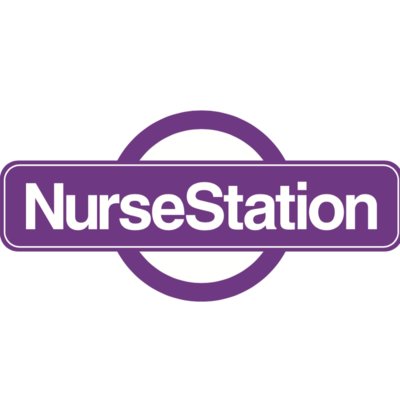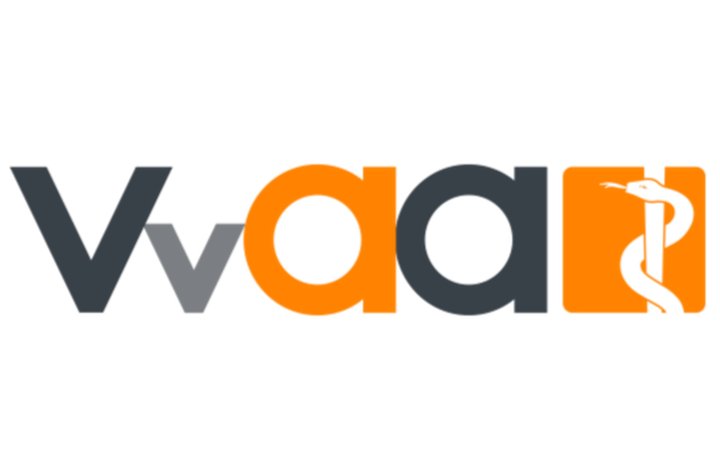King's College London 2019
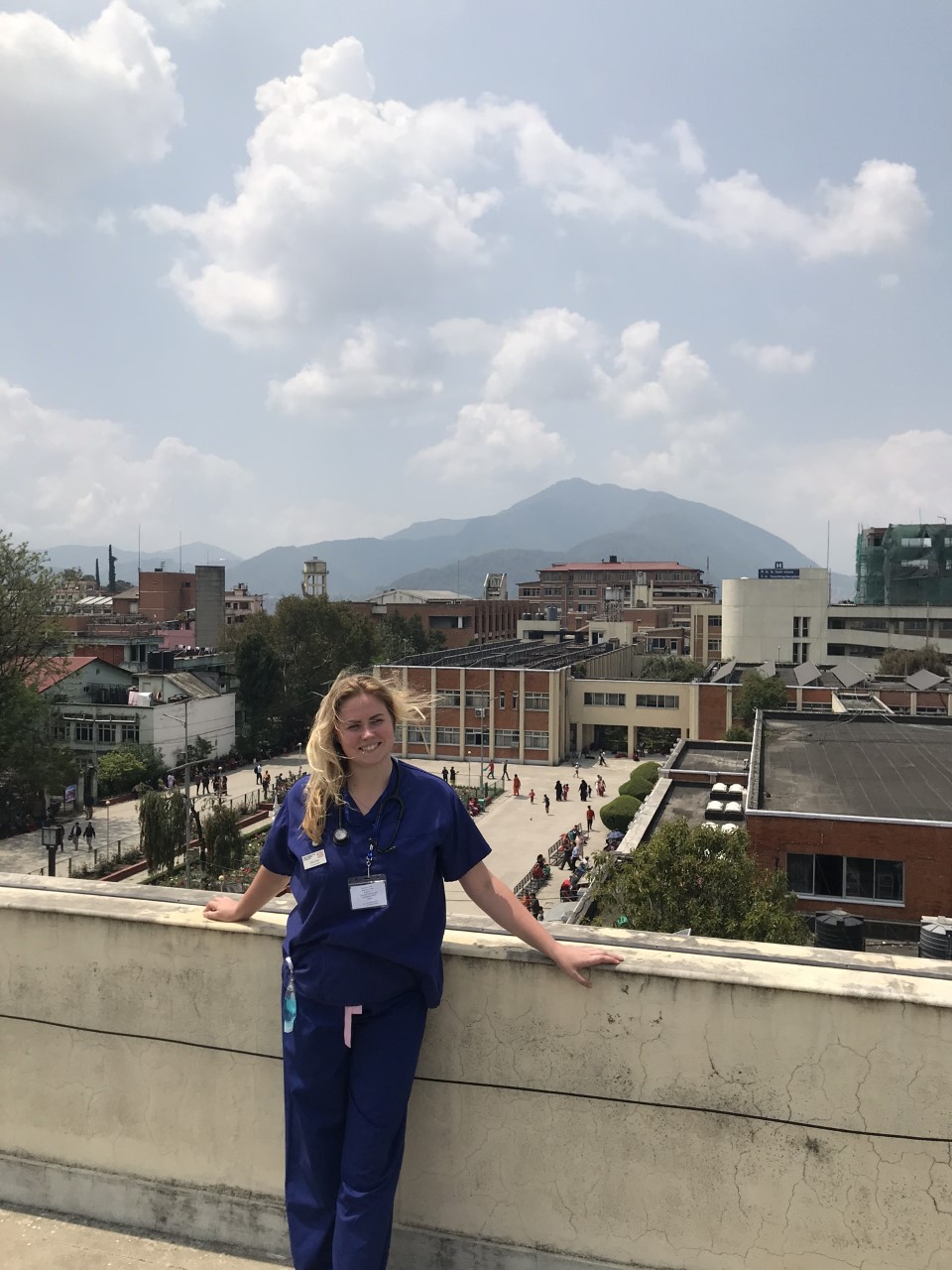 “You come to Nepal for the mountains, but you return for the people” is what I was told on my first morning of clinical placement in Kathmandu and it has resonated with me since.
“You come to Nepal for the mountains, but you return for the people” is what I was told on my first morning of clinical placement in Kathmandu and it has resonated with me since.
I decided on Nepal for my overseas placement as I wanted to experience a totally different nursing environment and a healthcare system dissimilar from the NHS. Work the World helped me to arrange my placement that consisted of two weeks in the emergency department, one week in the intensive care unit, and a week on the Village Healthcare Experience.
The UK team were so helpful in making sure that I was fully prepared before I left. The team in Kathmandu were so friendly and went out of their way to help me over the month, they collected me from the airport and made me feel welcomed in the city and the Work the World house.
it was a great environment to learn in
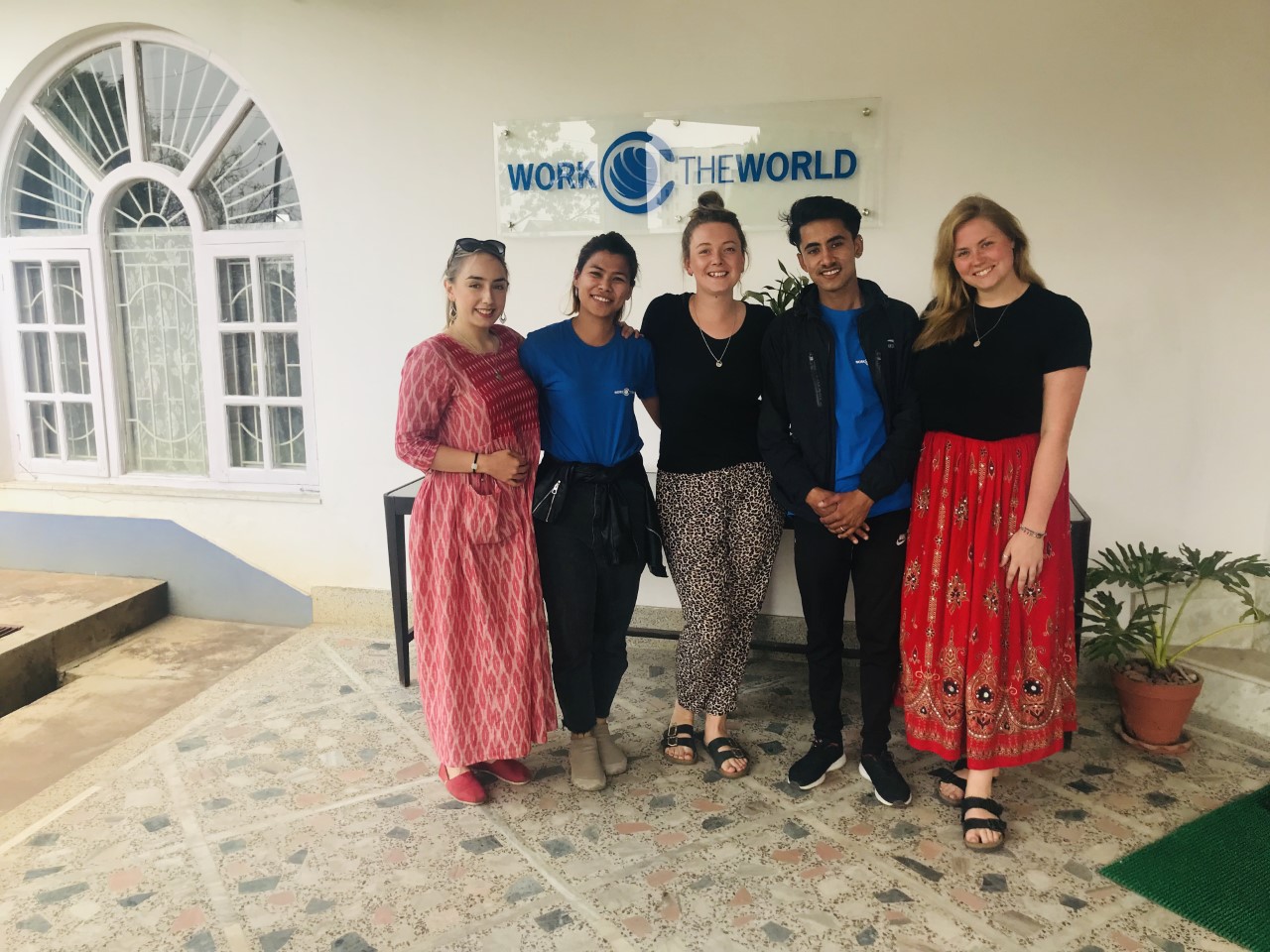 All of the staff in the hospital were incredibly welcoming and eager to engage with me, to teach me about their healthcare system and culture and in return learn about the UK and the NHS. We were able to communicate with many members of the MDT and other students on their medical electives, it was a great environment to learn in.
All of the staff in the hospital were incredibly welcoming and eager to engage with me, to teach me about their healthcare system and culture and in return learn about the UK and the NHS. We were able to communicate with many members of the MDT and other students on their medical electives, it was a great environment to learn in.
I did encounter some culture shock when it came to the ED in the hospital as the triage zones Green and Yellow would have up to three patients in a single bed and no curtains for privacy. The hospital is government funded, but the patients’ families would have to go to the pharmacy to pay for the medical supplies and medication before most care could be given. Families also had a larger role in healthcare as healthcare assistants do not exist. In the ED I frequently saw patient relatives bagging their intubated family member which must have been so emotionally difficult for them. One of the hardest aspects was the language barrier as I thoroughly love to talk to my patients and their relatives to reassure and comfort them, but as 97% of communication is through body language, I found that a smile can go a long way.
I became very good at doing manual blood pressures in a very loud and busy environment.
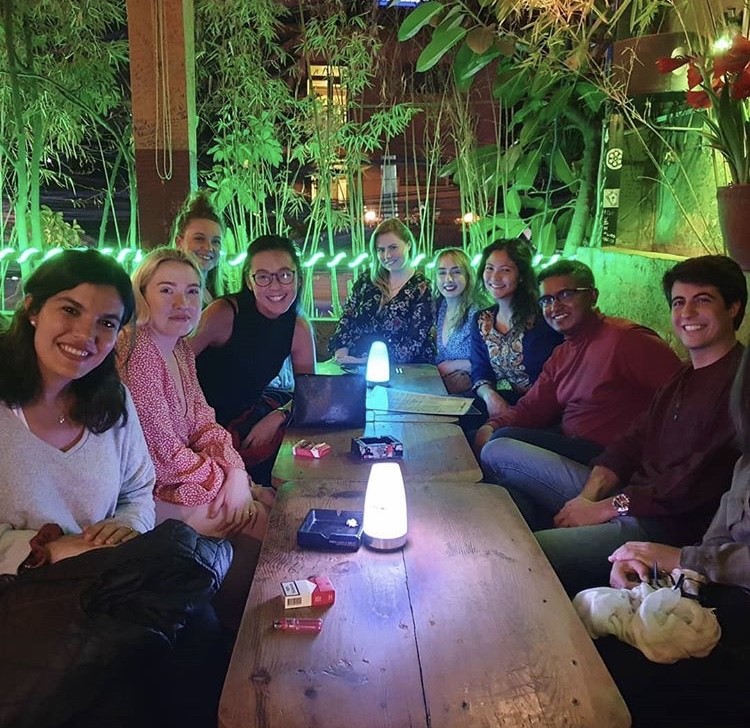 Although a large part of the placement was observational, as with placements in the UK, once you got to know the staff and show willingness and enthusiasm to help they would come to you for assistance in some situations. I became very good at doing manual blood pressures in a very loud and busy environment. I grew confident with helping to triage patients, auscultation and percussion and reading X-rays and CT scans as in Nepal they are printed out and available by the patient bedside.
Although a large part of the placement was observational, as with placements in the UK, once you got to know the staff and show willingness and enthusiasm to help they would come to you for assistance in some situations. I became very good at doing manual blood pressures in a very loud and busy environment. I grew confident with helping to triage patients, auscultation and percussion and reading X-rays and CT scans as in Nepal they are printed out and available by the patient bedside.
The most memorable case that I was involved in was helping out in the national emergency after the Bara storm, which had killed up to 30 people on the southern Nepalese-Indian border, injuring over 600 and destroying many houses. Nine patients were airlifted into Kathmandu by the Nepalese military and transported to my placement hospital. I was placed in triage at the time and managed to assess two patients, a father and son, asking in Nepalese their names, ages, and where they were from. After we had moved them to Green I cleaned and dressed their wounds and escorted them to have a FAST ultrasound. I felt fortunate to have the opportunity to be involved in such an event, and it was bizarre to see all of the disaster response officials, humanitarian response workers, media, and even government representatives and religious officials present at the hospital. Reading the newspaper a couple of mornings after I discovered an article on my two patients, the father and son, and learnt that the son had actually saved his mother from their collapsed house after hearing her calls. The mother had been treated in the Red department of the ED for her injuries.
The limitation of resources was the biggest difference that I observed. All the staff were amazing with the little resources that were available to them and were aware of the best practice and evidence-based practice. Most clinical procedures had very similar techniques to those in the UK, but the equipment used was slightly different, demonstrating the lack of resources. Surgical gowns and sterile fields were made of fabric and were not disposable, instead they were washed and reused, and only one needle was used to draw up medication and for injection into the patient.
There’s so many sights, sounds, tastes and smells
 Life in Kathmandu was hectic. There’s so many sights, sounds, tastes and smells, so over the weekends it was nice to get away from the city to explore the country a little more, and to try to get a glimpse of the Himalayas. The Work the World team were amazing and had so many suggestions for activities to do. A group of us went on hikes to Nagarkot and Chisapani, and I travelled to the Tibetan border for a weekend of bungee jumping, canyon swinging, and white-water rafting.
Life in Kathmandu was hectic. There’s so many sights, sounds, tastes and smells, so over the weekends it was nice to get away from the city to explore the country a little more, and to try to get a glimpse of the Himalayas. The Work the World team were amazing and had so many suggestions for activities to do. A group of us went on hikes to Nagarkot and Chisapani, and I travelled to the Tibetan border for a weekend of bungee jumping, canyon swinging, and white-water rafting.
During the week we had the opportunity to explore Kathmandu, heading to local temples including Swayambhunath Temple ( Monkey Temple), Durban Square to see the Goddess Kumari, the Palace Museum to learn about the history of the mass shooting of the Royal family, and Pashupatinath the World Heritage site and active Hindu cremation site.
We also had two language lessons a week which were a good way to practice communicating with patients and a weekly BBQ at the house. One afternoon we even rescued a stray abandoned puppy, taking him to a charity shelter- naming him after the hospital!
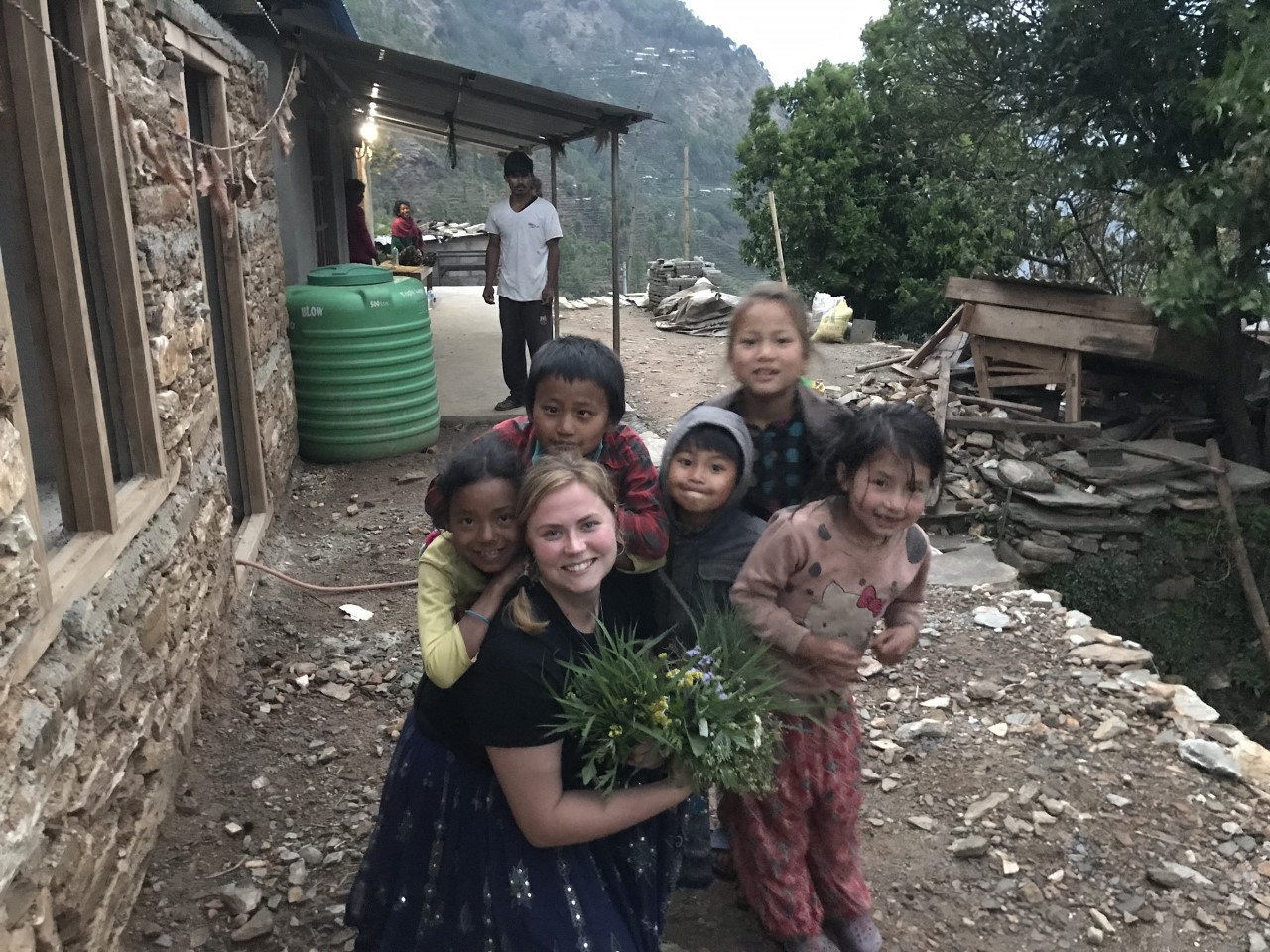 I had the best experiences in Nepal, I always felt safe and comfortable. All of the Work the World team and hospital staff were lovely, and it was nice to get to know the other students in the house. We met many friendly locals and would go for meals and drinks all together in Thamel, even celebrating the Nepali New Year and welcoming in 2076 together!
I had the best experiences in Nepal, I always felt safe and comfortable. All of the Work the World team and hospital staff were lovely, and it was nice to get to know the other students in the house. We met many friendly locals and would go for meals and drinks all together in Thamel, even celebrating the Nepali New Year and welcoming in 2076 together!
I would recommend Nepal to anyone, thoroughly believing that the Nepalese people are the friendliest in the world! Work the World gave me a brilliant placement and it couldn’t have been better! I would 100% recommend the Village Healthcare Experience as it was one of the best weeks of my life and I didn’t want to leave!
My advice to future students that are considering a placement in Kathmandu would be to head in with an open mind and be ready to accept what you observe during your placement. It is difficult to accept that you cannot change the system, but it makes you recognise that we are so privileged to have the NHS in the UK and it is an honour to work within it. Fully immerse yourself in the culture and try new things and meet new people! I cannot wait to go back to Nepal!
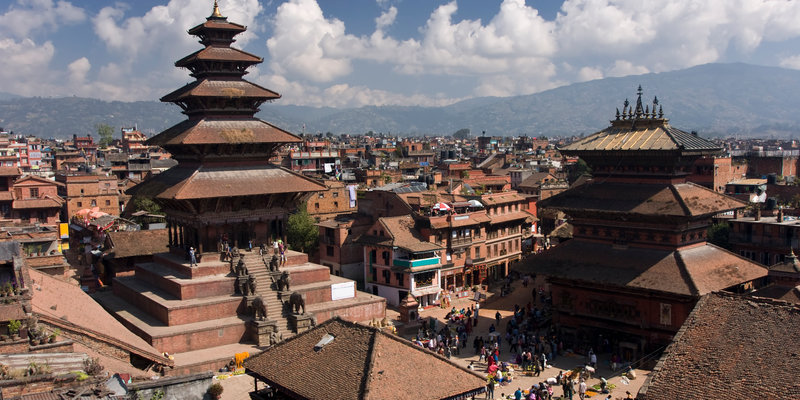
.jpeg)
